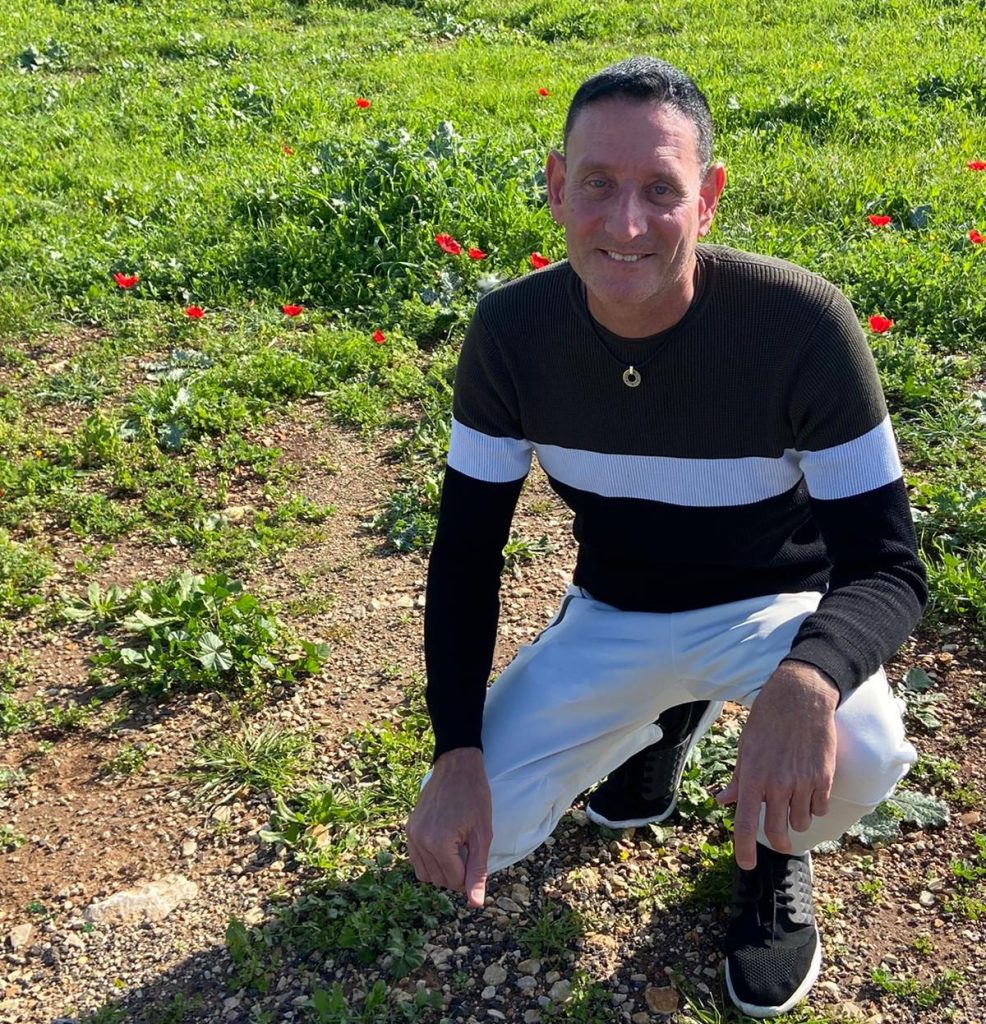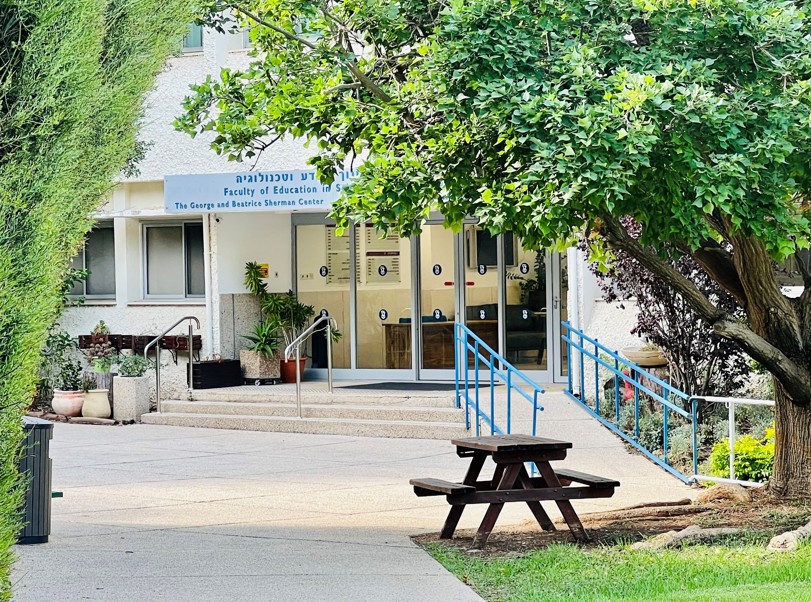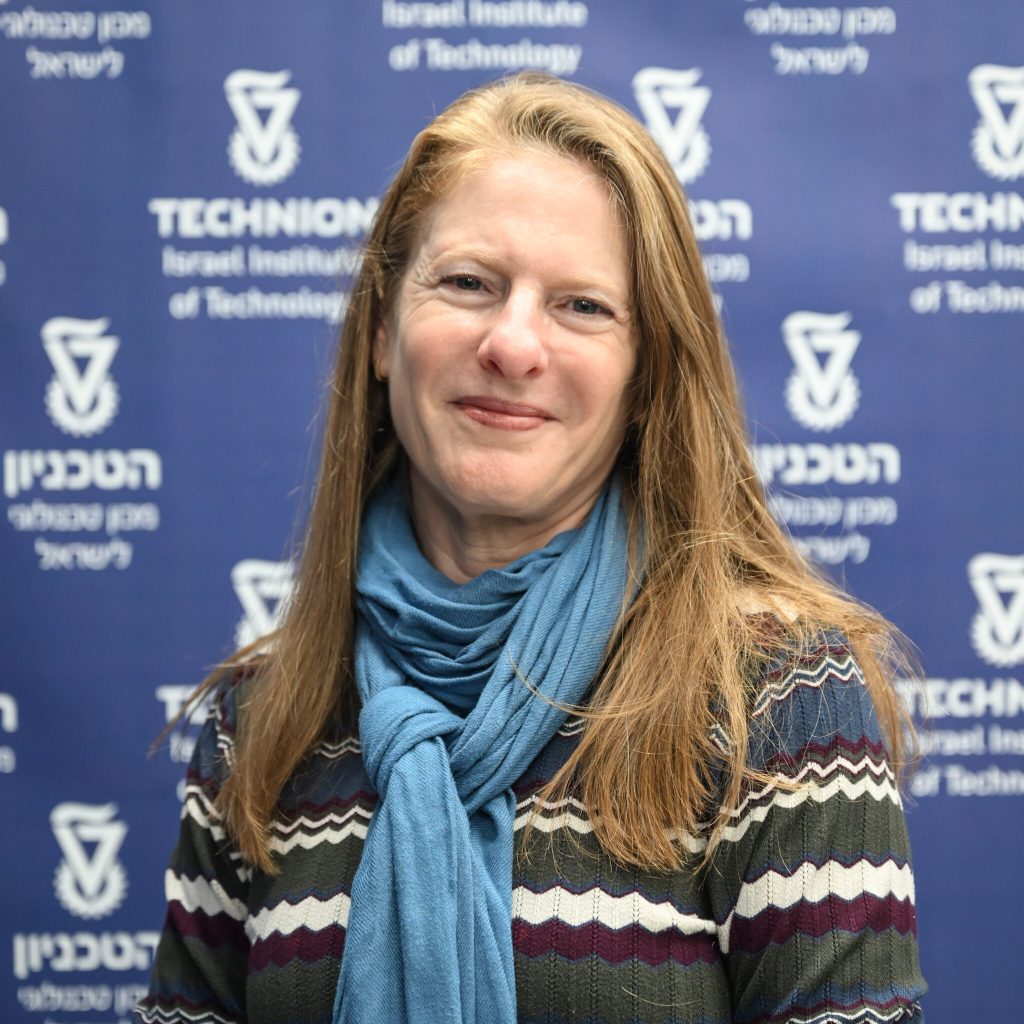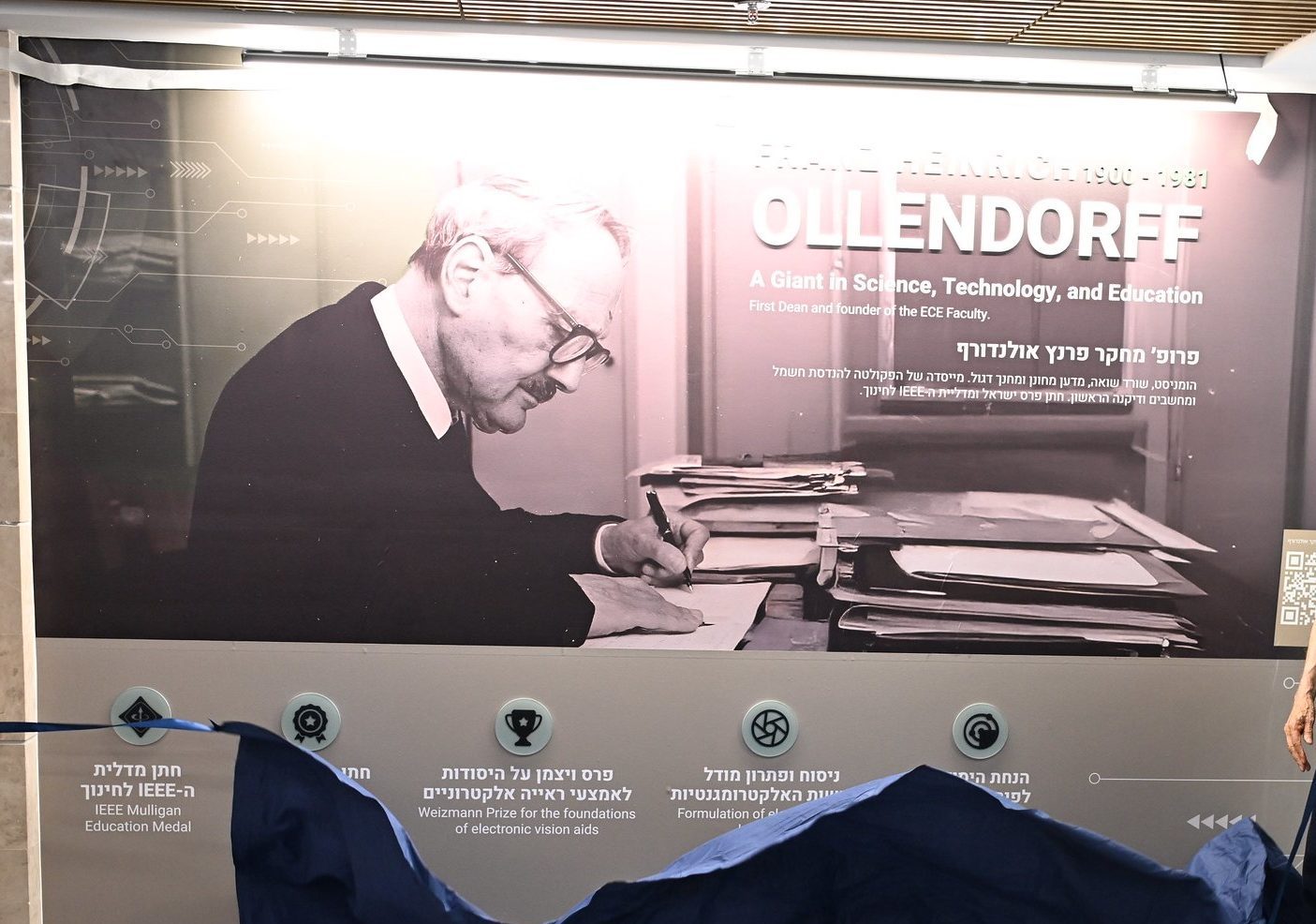“Education allows me to change lives, and every day excites me anew”
As Israel’s 2.5 million pupils return to school today, September 1, the Technion’s Mabatim program offers a solution to the country’s teacher shortage, with a focus on science, technology, engineering, and mathematics (STEM)
Yuval Radel, a graduate of the Henry and Marilyn Taub Faculty of Computer Science, worked at Intel for 32 years – “but I always knew I’d return to the Technion, maybe for a master’s degree, maybe in another way.” Eventually, he chose to study in the Mabatim program at the Technion’s Faculty of Education in Science and Technology – a program for teacher training and fostering educational leadership.
Yuval, 57, a resident of Kiryat Motzkin, married and father of two, is an expert in hardware and microprocessor development. “In the army, I commanded a training unit at the technical school, and at Intel, I conducted trainings and helped students with tutoring. So, alongside completing projects at Intel, I found myself thinking more and more about education.”

After enrolling in the Mabatim program, he discovered a unique track combining academic studies with teaching practice in schools, guided by lecturers and mentor teachers of the highest caliber. “There, at the faculty and in the schools, I discovered that the world of education had completely changed – frontal teaching is no longer the core of the lesson.” Yuval explains that he was exposed to innovative pedagogical methods and advanced learning technologies that opened up an entirely new and fascinating world.
And he has much to say about that world: “At Intel, I also influenced people’s lives – after all, everyone uses computers and phones that contain Intel processors – but that was an indirect influence. When you teach, especially at the formative stage of middle school, the impact is direct. Education is the place that allows me to change lives, and every day excites me anew.”
The Mabatim program provides updated pedagogical tools that enable future teachers to connect scientific knowledge, technology, love for students, and values-based education. “Who would believe that a math exercise could lead to a discussion about values? The connection to real life is also very important – for example, relating the Pythagorean theorem to GPS systems, or the similarity of triangles to the Mobileye camera. Today, I have no doubt that choosing teaching and studying in the Mabatim program was the best decision I could have made.”
On September 1, Yuval began teaching at Kiryat Haim Comprehensive High School, and we wish him great success.
The Mabatim Program and Its Impact on the Education System
As every year, ahead of the new school year, the issue of Israel’s severe teacher shortage arises. The shortage is particularly acute in STEM subjects – a phenomenon that could lead to the closure of these important study tracks in many schools. Addressing the shortage of teachers is a complex, systemic challenge. It requires a significant increase in teachers’ salaries and better employment conditions, including reducing class sizes. Another crucial change is transforming classrooms into “dedicated learning spaces” by subject – such as a “chemistry classroom” or “literature classroom” – and equipping them with advanced learning tools.

Through the Mabatim program, the Technion – Israel Institute of Technology – invests significant resources in training teachers and advancing educational leadership across a wide range of teaching fields: mathematics, physics, chemistry, biology, computer science, electrical and electronic engineering, and mechanical engineering. Thanks to a scholarship provided by the Technion President, the program, offered by the Faculty of Education in Science and Technology, trains hi-tech professionals, army veterans, and university graduates. Through scholarships and courses of international caliber, the Technion nurtures graduates with vision, knowledge, and skills to drive change in schools and surrounding communities.
Prof. Miri Barak, Dean of the Faculty of Education in Science and Technology at the Technion, explains: “The message we convey to our graduates – and they to their students – is that learning is a lifelong process that requires striving for achievement and excellence. Quick-fix solutions, including learning with the help of AI bots, however good they may be, cannot replace excellent teachers, personal attention, and human connection.”

Prof. Barak emphasizes: “We live in a complex era with many difficulties and instability – political, occupational, and educational. For more than five years, first due to the COVID-19 pandemic, and later because of the war, Israeli students have suffered from a lack of educational continuity. This deepens social gaps and harms educational resilience – the ability to realize one’s academic, personal, and social potential.”
She adds that ensuring educational continuity is not a luxury – it is a national mission. Schools, she argues, must be the most protected and well-funded places: “They must be both safe spaces and open, welcoming ones – especially in times of war. They should also serve as community centers in the afternoons, offering enrichment activities in science and engineering. This is the opposite of what we’ve seen in recent years, when schools were the first to close and the last to reopen.”
The Technion, together with educational institutions, is working to recruit and train outstanding teachers with broad horizons, motivation, and the ability to drive change. “Our goal,” concludes Prof. Barak, “is to shape a future in which knowledge and expertise empower individuals and communities, recognizing the importance of human capital for Israel’s prosperity.”



